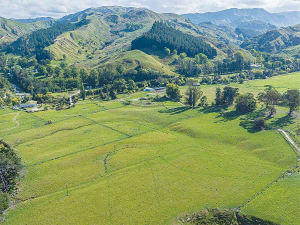OPINION: The case of four Canterbury high country stations facing costly and complex consent hearing processes highlights the dilemma facing the farming sector as the country transitions into a replacement for the Resource Management Act (RMA).
The Government has announced that the Resource Management Act 1991 will be replaced with two new acts that clearly distinguish between land-use planning and natural resource management, while putting a priority on the enjoyment of private property rights.
Regional councils will no longer individually be able to set rules as in the past and one national set of standards will apply over such matters as freshwater, biodiversity and coastal policy. However, the new legislation is two years away. Until then, farmers are at the mercy of the regional councils.
In this case, some Ashburton Lakes farmers face potentially costly and complex publicly notified consent hearings for the continuation of existing farming activities when a catchment approach is their preferred option. Environment Canterbury isn't wrong in pushing ahead under current RMA framework.
But farmers are right in questioning the need for costly and complex publicly notified hearing consents. They rightly question whether regional councils should ignore the work done by catchments groups, when the new regulations signal a shift to national standards.
At Ashburton Lakes, the O Tu Wharekai working group has been in place since 2019 working on a collaborative approach to catchment management with all affected parties involved.
Beef + Lamb NZ says that current processes don't seem to recognise that these are existing farming activities, nor the huge amount of work farmers are undertaking at the catchment scale to reduce impacts and improve water quality.
Rather than tying farmers up in inefficient and expensive consenting processes, as is currently occurring, they believe the farmers' limited resources would be better directed to implementing farm and catchment scale mitigations to achieve real environmental gains for this catchment.
The Government is looking at its options. In this case, can the Government direct ECan to stop the public notification of the consent hearings? The Government's options are limited.
All it can ask for is that common sense prevails. In the case of Ashburton Lakes and its farmers, even that option seems to be off the table.



















